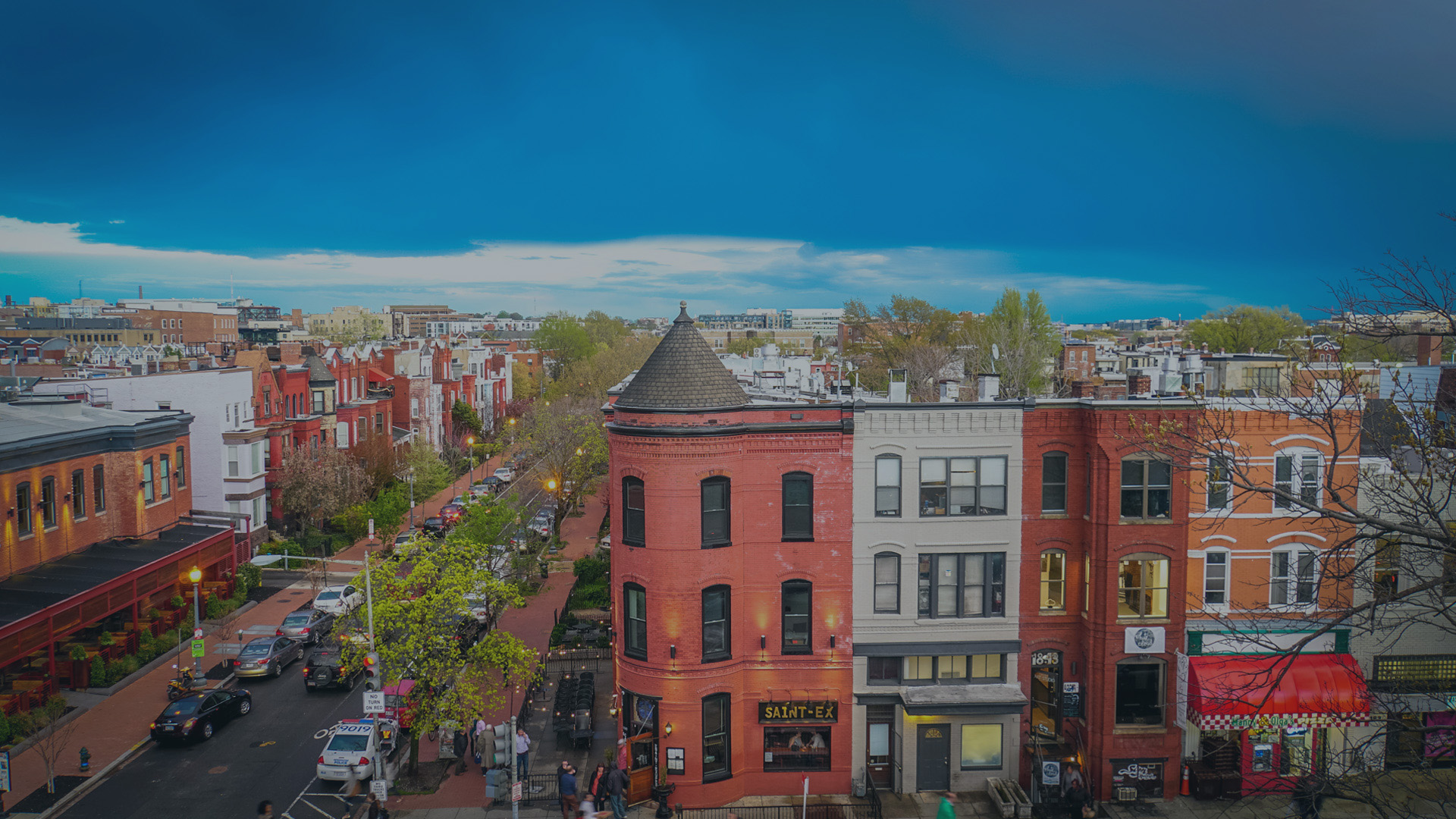On April 3, 2020, the D.C. Policy Center report, Appraising the District’s rentals, was featured in City Observatory:
Too often, our debates about housing policy are shaped by inaccurate pictures of how the housing market really works. A new report from the D.C. Policy Center provides a remarkably clear and detailed picture of the rental marketplace. And its richer and more complicated than accounted for in the usual oral tradition of housing markets.
The “shadow” market for rental housing. We generally assume that that there are two types of housing, rental and ownership. Rentals tend to be multi-family apartment buildings, single-family homes are owner-occupied. Rentals stay rentals; owner-occupied homes state owner-occupied, and never the twain shall meet. Except that lots of single-family homes do get rented; and some of them, even though once rented, get sold and occupied by a new buyer. This fluid movement of homes in and out of the rental market is seldom mentioned in housing policy. Taylor calls this the “shadow” market for housing.
The report makes two facts clear about the shadow housing market. First, its a considerable part of the District’s rental housing stock. Using detailed administrative data, Taylor calculates that there are more than 60,000 single family homes, condominiums, flats and other small scale rentals which represent about a third of the District’s rental housing. Importantly, many of these units are in high opportunity neighborhoods, so if you’re a renter, and you’re looking to get a better environment for your kids, the “shadow” market may be the way you access such neighborhoods.
Read more: Anatomy of a rental marketplace | City Observatory
Related: Appraising the District’s rentals | D.C. Policy Center
